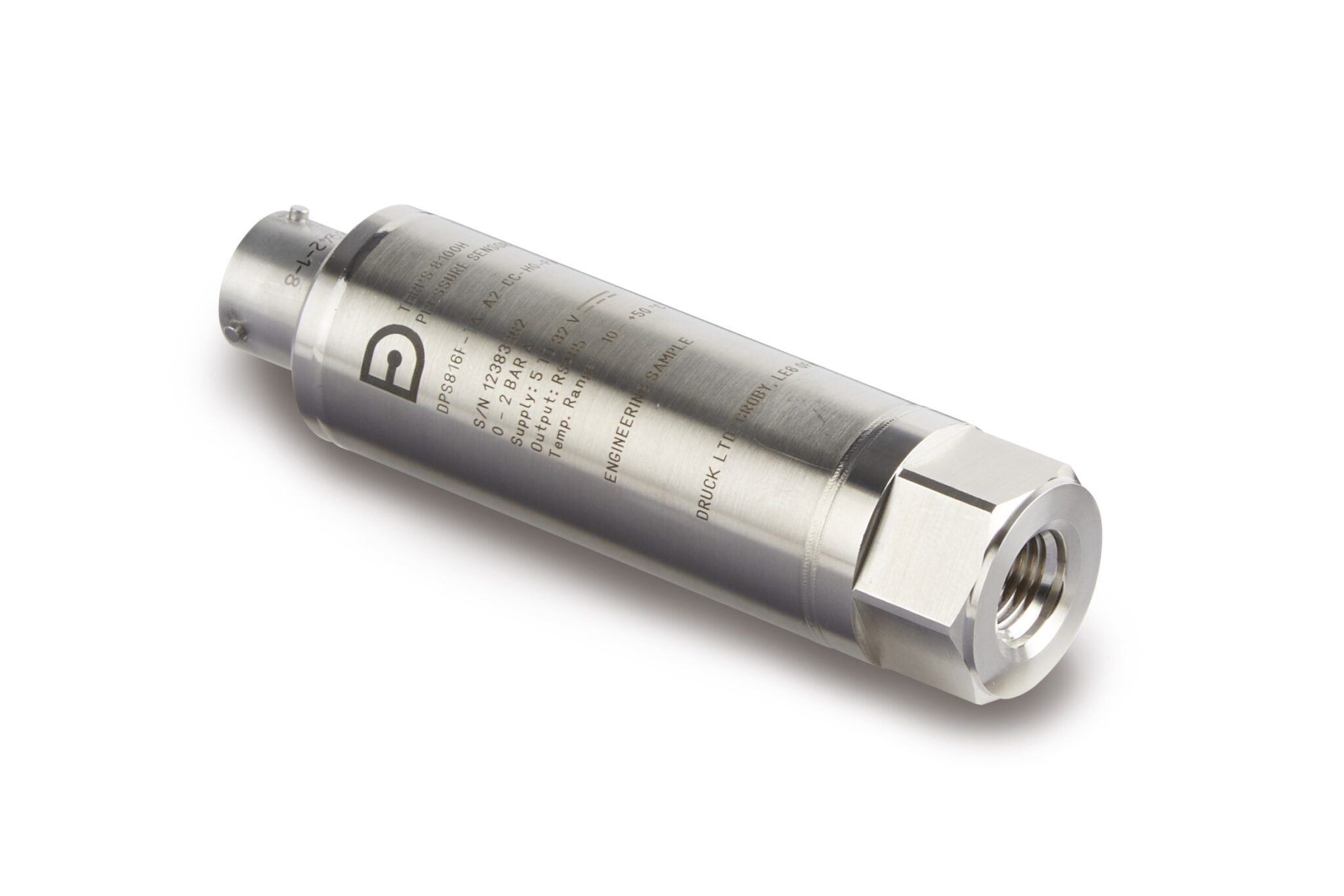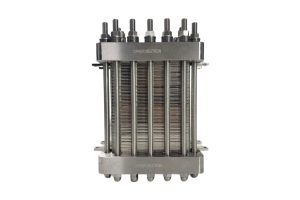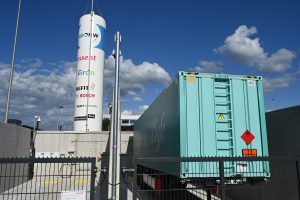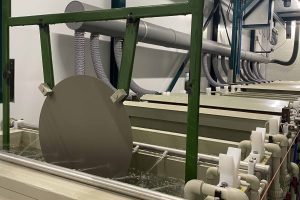Long-term exposure to hydrogen gas degrades the performance of a pressure sensor, specifically through hydrogen permeation and embrittlement of the isolation diaphragm, meaning the construction of a hydrogen sensor is key to maintaining accuracy and stability. Baker Hughes’ latest Druck hydrogen pressure sensors apply high-performance barrier coating technology to protect the sensor element from the harsh effects of hydrogen, providing customers with what the company claims to be a market-leading minimum lifespan of five years across a wide range of pressures.
Building on the popular UNIK5000 family and RPS/DPS8000 Series, Druck has launched two hydrogen pressure sensor ranges, from 700 mbar (10.2 psi) to 700 bar (10,000 psi).
“Hydrogen plays a key role in the transition to a more sustainable, lower emissions future but also poses challenges for infrastructure and equipment due to hydrogen embrittlement,” said Gordon Docherty, general manager of Baker Hughes’ Druck product line. “Building on our legacy of leading industrial pressure measurement technology, the release of our new hydrogen technology enables customers to benefit from a pressure sensor that can withstand harsh hydrogen environments for the long term, while also providing advanced levels of accuracy and reliability. This is an exciting breakthrough in the world of pressure measurement.”






